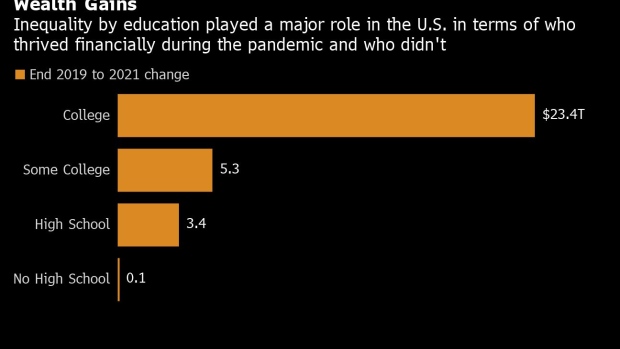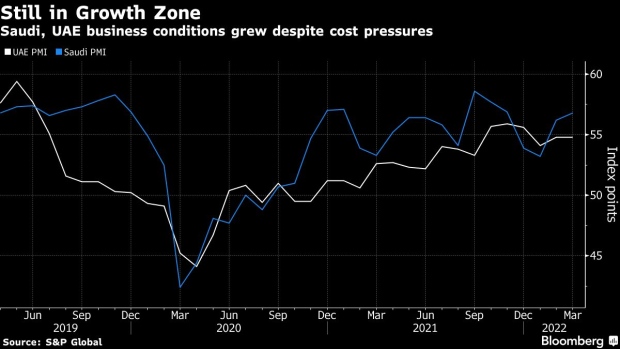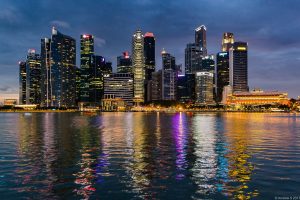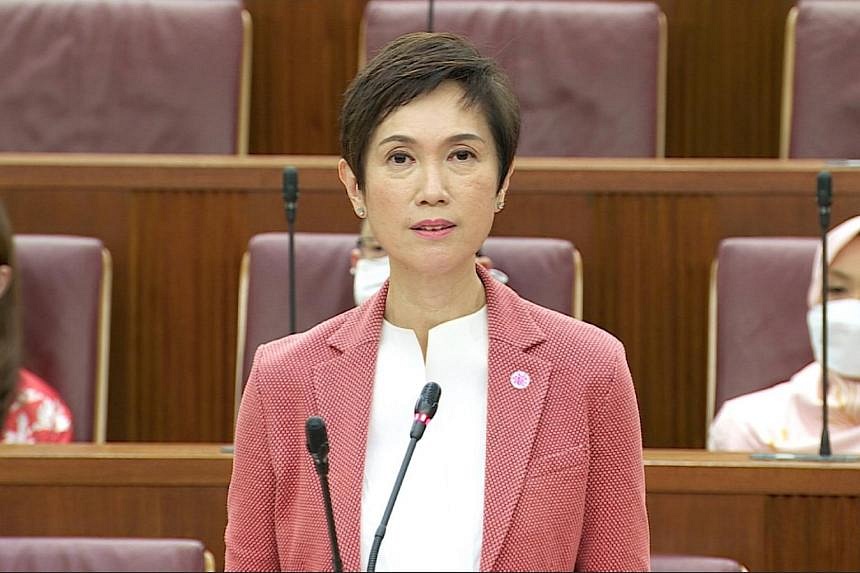Masrat Zahra: I want to give a voice and a face to those who are not heard. Every woman in Kashmir knows the feeling of saying good-bye to a father, son or husband in the morning and not knowing whether she will ever see him again. Women in Kashmir suffer the most. They lose their sons, are raped without the perpetrators have to fear repercussions, and if their men are abducted and never reappear, they are condemned to wait – for the rest of their lives.
They own nothing, cannot inherit anything and are not allowed to re-marry. Many women suffer from post-traumatic stress – as I myself do. I have seen too much blood, too many dead bodies, crying mothers and children.
You are the first female photojournalist in Kashmir. What hurdles did you have to overcome to get where you are?
Zahra: I had to break through a glass ceiling when I began working in 2016. At the time, there were no women working as photographers and journalists in Kashmir, documenting the battles between Indian soldiers and rebels. People in the villages stared at me. Initially, I pretended not to understand the local dialect, that I came from somewhere else – so that I could do my work in peace and would not have to answer so many questions. But it was particularly hard to take this path against my parents' will.
Why did your parents want to stop you?
Zahra: I come from a conservative family. My mother would have preferred to see me married. If anything, she wanted me to study medicine. In her eyes, it is far too dangerous to be a journalist. I read books about photography in secret and didn't tell them that I was doing the entrance exam for university. Luckily, I had a professor who came to our home and tried to change my parents' minds. It still took them years to accept my work.
My mother has repeatedly claimed that it is too dangerous and my brother complains that journalism is not an honourable profession for a woman because I am out and about after dark. My parents have confiscated my camera and my laptop more than once. On one occasion, we had such a huge fight that I ran away from home in the middle of the night – barefoot. I went to stay with an aunt for a while. After that, I just carried on doing what I do.
An entire population under house arrest
In August 2019, the Indian government revoked the region's autonomous status and cut off Kashmir from the outside world for three-quarters of a year. What was life like for you during these months of lockdown?
Zahra: It was as if the entire population was under house arrest. It was a total blackout: no telephone network, no television, no internet – for eight months. Can you imagine what that meant for me as a journalist? We didn't even know where the next demonstration would be taking place; we just found out by chance. Information was passed on by word of mouth; there was no other way. While the Indian government did set up a media centre, there were just four computers for all journalists from Kashmir.
One was reserved for Indian government propaganda, two for male journalists and one for women journalists. We had just 15 minutes a day each to check e-mails and send articles or photos to editorial departments. Every day, we stood in long queues outside the building – whatever the weather. And because parts of the public transport network were out of service, anyone who didn't have a motorbike or a moped had to walk there.
You were granted a scholarship by the Hamburg Foundation for Politically Persecuted People and lived in Hamburg for a year. What surprised you most about Germany?
Zahra: I was not accustomed to seeing no soldiers in the streets. Kashmir is the most densely militarised region in the world: there is one armed soldier for every seven people in Kashmir. As a child, I touched the barrels of the soldiers' guns. It was only much later that I realised how dangerous that was. Before I came to Germany, this was the only life I knew; it was normal for me. Prior to that, I had never been outside Kashmir and India.
Here in Germany, you can walk the streets and breathe freely, without having to be afraid. In Hamburg, I once parked my bicycle in the wrong place and had to go to the police to get it back. I was really nervous. But they were friendly and polite, smiled at me and even asked me to take a seat. I had to show them my identification card; then I got my bicycle back.
During your time in Hamburg, you exhibited photos and told of the suffering in Kashmir.
Zahra: Yes, I had an exhibition at the Bucerius Law School in Hamburg and was there for the opening. On the same day, the police in Kashmir stopped a car and shot the three young men that were inside. They were unarmed. Things like that happen almost every day; people send me the news, photos and videos on Twitter and Instagram. An entire people is traumatised, but the world is just not interested. You Germans know 'cashmere', but you know nothing of the Kashmir conflict.
"There was a time when I wanted to stop"
Two years ago, you almost ended up in prison because of your work. What happened?
Zahra: I also post my photos on social media so that the whole world can see them. The Indians don't like that. They want to silence us journalists so that no one will report on the atrocities that are committed in Kashmir on a daily basis. Anyone who is active on Twitter is watched very closely. In April 2020, I was summoned by the police. They told me to stop posting my photos online. I nodded. The next day I just carried on doing what I had been doing. I didn't want to allow myself to be intimidated.
After that, your name appeared on a list that usually contains the names of terrorists ...
Zahra: Yes, the Indian government claimed that I was violating Indian sovereignty and integrity. According to the Unlawful Activities Prevention Act, this is punishable by several years in prison. I had to go to the police again. When I said goodbye to my mother, I hugged her and said "see you soon". I didn't tell her where I was going. It took all my strength not to cry; I thought I would never see her again. I was sure they were going to arrest me. I was very scared.
What happened next?
Zahra: The Association of Journalists in my homeland supported me. Suddenly I had 24,000 new followers on Twitter. This is how I came to the attention of Amnesty International, which worked on my behalf. A few weeks later I was nominated for the Anja Niedringhaus Courage In Photojournalism Award (an award given annually to a woman photojournalist whose work reflects courage and dedication – ed.), which I won in 2020. The international recognition helped me in that the Indian government dropped the charges. It was then that my parents finally understood that what I am doing is important. During this time, my mother said to me: "You are no longer my daughter. You are the daughter of all of Kashmir."
Nevertheless, you still face considerable danger. Have you ever considered stopping?
Zahra: Yes, I did at one time. Because my family and I are Shia Muslims, which means we belong to a minority. Most people in Kashmir are Sunnis. The Indian government spread a rumour that Shias are opposed to the Kashmiris' liberation struggle. There was also a rumour that I was an Indian police informer. I received awful threats from normal people, mostly via the Internet. "You'll be raped. You're a whore. Your family's house will be burned down." That kind of thing.
I found that very traumatic. It was at that point I thought about stopping. My brother supported me and went with me to the police so that I could file charges. In the end, I dropped them because I know what they do to people in prison. They are severely mistreated. And I thought to myself: if that man goes to jail, there will be a mother at home, crying.
No detente for Kashmir
In March of last year, India and Pakistan surprised the world by agreeing a ceasefire. Did this lead to a period of detente?
Zahra: Not at all! The situation has worsened since the summer of 2019. People are abducted or arbitrarily shot by Indian soldiers almost every day. A growing number of journalists and human rights activists are being put in prison, like an acquaintance of mine, Khurram Parvez. I'll never see him again. Even before 2019, the daily lives of us Kashmiris were characterised by terror. But now the conflict has reached a level where it is no longer about justice, but about at least getting back the bodies of loved ones. Before 2019, the Indian occupiers killed people, but at least the families were able to give them a dignified funeral. Today, not even the bodies of their loved ones are returned to the families.
You talk a lot about India. But what is Pakistan's role in all this?
Zahra: I don't want to talk about that. Yes, I also receive threats from the Pakistani side. A photo of me was posted on the social media profile of a Pakistani terrorist group – together with a death threat. However, the Islamists informed me that it was a fake. They told me that the Indian government was probably behind it and wanted to blame it on the Pakistanis. They told me I should take care.
The Indian police have offered you protection ...
Zahra: ... which I turned down. I live in a minefield. Indian bodyguards would simply call my independence into question. Then everyone would think I was on India's side.
What do you think has to happen for the political situation to improve?
Zahra: The international community has to exert more pressure on the Indian government so that the human rights violations against us Kashmiris stop. There should at last be a referendum, just like the United Nations promised us. We've been waiting for a referendum for over 70 years. We demand our right to self-determination. It's not just about the land. It's about identity. I have an Indian passport, because otherwise I would be stateless, but I don't feel like an Indian. I am a Muslim Kashmiri. I dream of a Kashmir that belongs neither to India nor to Pakistan, but is independent.
Interview conducted by Elisa Rheinheimer.
© Qantara.de 2022
Masrat Zahra is a photojournalist in Indian-controlled Kashmir. She received the International Women's Media Foundation's Anja Niedringhaus Courage in Photojournalism Award in 2020 and the Peter Mackler Award for Courageous and Ethical Journalism, also in 2020, for her images of the consequences of the conflict, especially for women and children. Her work has appeared in the Washington Post, Al Jazeera and The New Humanitarian, among others.










